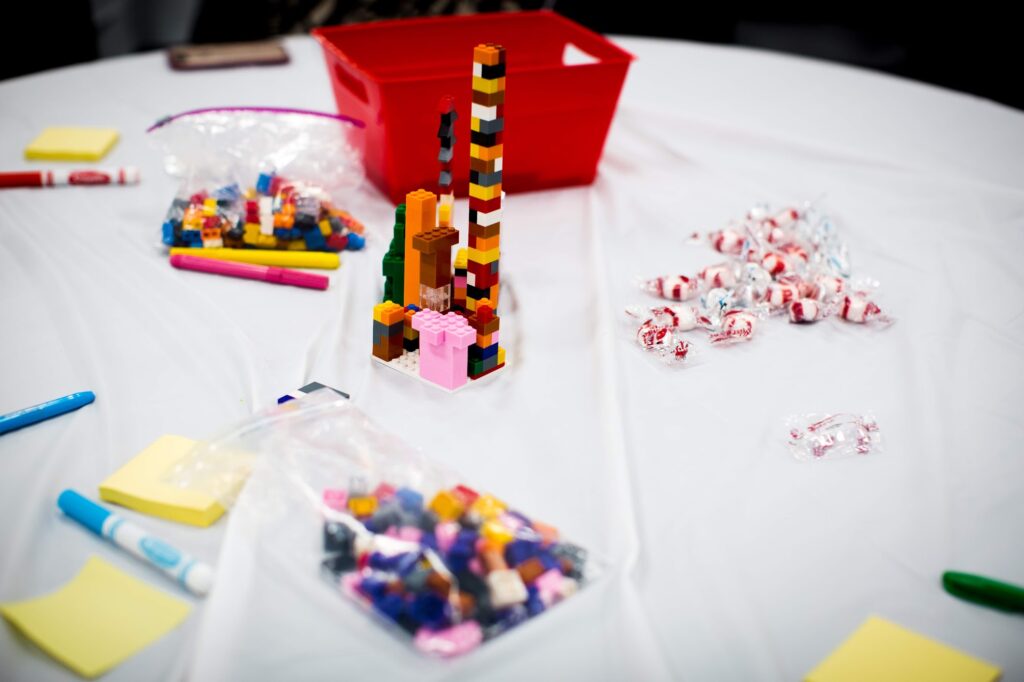Pennsylvania has long been known for innovative practices in education such as STEM, STEAM, Maker Learning, and the creative use of technology. Through this work, strong partnerships have been cultivated between educators and business and industry.
Due to a greater focus on inequities in education and challenges emerging throughout the COVID-19 pandemic, interest in learner-centered, personalized practices in Pennsylvania is growing. The concept of personalized learning is familiar to the region, with the Southwestern Pennsylvania Personalized Learning Network bringing innovative educators together to collaborate and share ideas since 2017. And as a response to this increased interest and with support from KnowledgeWorks, Remake Learning established a personalized learning working group, made up of stakeholders from K-12, higher education, intermediate units, and other educational organizations in 2020.
For many partners, the working group was filling an important need. “I found it incredibly inspiring that so many are committed to making sure that personalized learning becomes something that isn’t just talked about but realized in schools with students,” said Jackie Foor, executive director of the Consortium for Public Education.
The working group expressed the need for more structure around the concept of personalized learning across the region.
- What do we really mean by personalized learning in SWPA?
- How do we help educators implement and share strategies that align with that definition of personalized learning?
In response to this, the group collaboratively defined a shared vision and common understanding for personalized learning. These foundational elements serve to unify the region’s commitment towards a common purpose.
Leveraging these collective beliefs and shifts in mindset, structures and decision-making due to COVID-19 disruptions, the group began developing a personalized learning framework, aiming to provide guidance and support to districts across the region committed to rethinking education for all learners.
As the framework development gathered momentum within the working group, it became clear that more diverse voices were needed to broaden perspectives and promote deeper thinking. Chris Sweeney, from the SWPA Personalized Learning Network, invited network members to engage in the design process. Despite sub shortages and remote learning, engagement remained high.
“It was energizing to meet with the group and talk about educational issues,” said Bobbi Ann Barnes from Deer Lakes School District.
Stakeholders viewed the sessions as opportunities to reimagine education, focus on their passion for learning and collaborate with like minded educators.
“For me there are professional and personal connections, being able to collaborate with people outside my own little world was important,” said Matt Harris from Fox Chapel Area School District. “During COVID, the dreaming work that we do as educators suffered quite a bit, this allowed us to focus on big ideas and concepts that can lead to application in schools.”
The current draft of the personalized learning framework defines what learner-centered practices look like through six key elements and corresponding components. It helps to provide clarity and consistency through a common language and set of outcomes. Our challenge now, and the focus of the working group in the coming year, is transitioning from theory to practice, providing scaffolded resources and supports as educators, leaders and districts work to shift mindsets and pedagogy toward practices that, according to the working group’s shared vision, “honor the voices, ability, potential and dignity of each learner through relevant connections and engagement.”
If you are interested in participating in the personalized learning working group as it engages in the next phase of framework design, please reach out to Lori Phillips & Anne Olson, co-leads for the personalized learning working group by visiting the personalized learning working group website.
